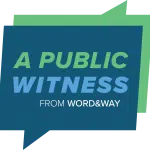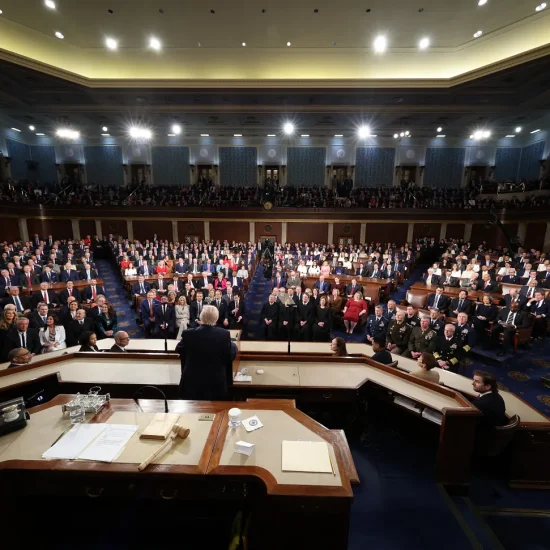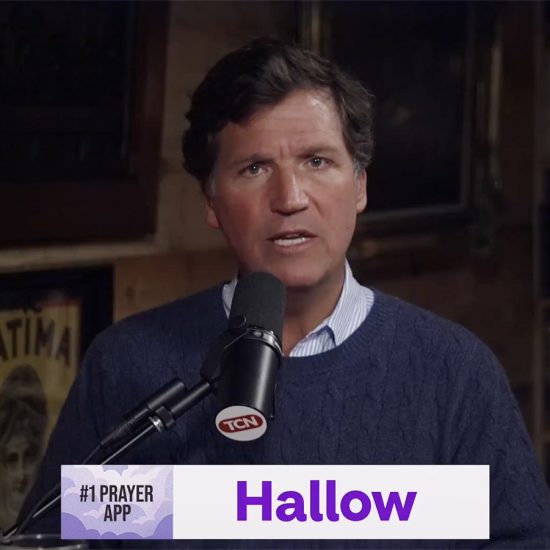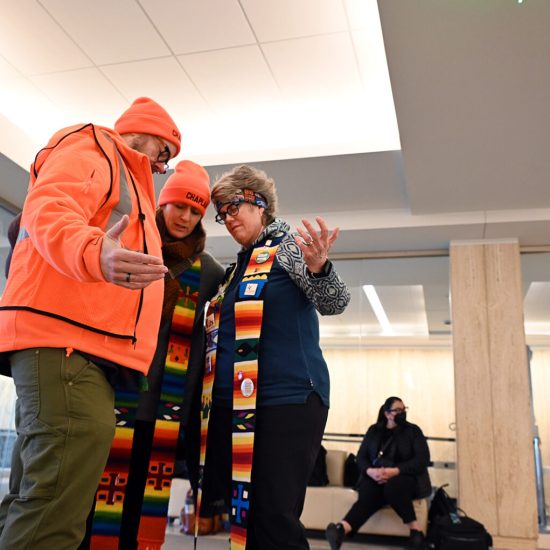
Last week, the New York Times reported the death of Eliyahu Rips, a Jewish mathematician who emigrated from Latvia to Israel. Rips was part of the research team that claimed in 1994 to have discovered a secret code in Genesis. Their work inspired the book The Bible Code and the movie The Omega Code.
I remember the attention when the findings came out. But in case you were blessed to miss that fad, here’s the basic idea. They put the words from the Torah together and deleted the spaces to make one long strand of 304,805 letters. They then used a computer to search for names and words at various distances (like putting every 13th letter together). Using this approach, they claimed to have found the names and birthdates of various Jewish scholars who lived thousands of years later. Inspired by that idea, writer Michael Drosnin wrote The Bible Code that also used a word search puzzle technique through which he claimed one could find references to the deaths of Israeli Prime Minister Yitzhak Rabin, President John F. Kennedy, and Princess Diana.

Four letters in a Hebrew text of the Bible that are each 50 letters apart spell Torah. (Creative Commons)
Rips at first endorsed the findings from Drosnin’s book, but he later distanced himself from some of it while insisting his original paper was still accurate. Other scholars debunked the findings by Rips and his co-authors, essentially arguing the original experiment was flawed and the findings were statistically insignificant.
Drosnin’s work in multiple books about the alleged “Bible code” also cracked apart. He made numerous false predictions and has been accused by scholars of mistranslating texts to make his claims about Rabin and others. Defensive, Drosnin argued, “When my critics find a message about the assassination of a prime minister encrypted in Moby Dick, I’ll believe them.” Inspired by the challenge, an Australian mathematician used the same technique on Moby Dick to find alleged references to the assassinations of John F. Kennedy, Robert Kennedy, Rev. Martin Luther King Jr., Leon Trotsky, and, hilariously, even Drosnin. Of course, no one was claiming that Herman Melville predicted such moments. The point was that computers can find random words in a large text that have no real significance or intentionality.
Looking back, late 1990s evangelicalism was quite a bizarre time. Then again, things haven’t gotten any better even if the “Bible code” has largely faded to the obituary pages. People today still open their Bibles looking for a secret message predicting current events, including who will be the next president of the United States. Such attempts at biblical exegesis are not merely silly; they show a complete misunderstanding of the texts. So this issue of A Public Witness opens up the Bible to debunk hidden partisan codes popping up in social media posts and sermons.

The Cyrus Code
When Donald Trump came down the escalator in 2015 to announce his presidential run, many of the established leaders of conservative Christian groups were skeptical. While most would eventually go all in for Trump, his earliest followers were often from Pentecostal and charismatic communities generally considered on the fringes — if at all — of the evangelical movement. An early such Trumpian evangelist was Lance Wallnau.
Wallnau’s an influential figure in the New Apostolic Reformation movement, having popularized the “Seven Mountain Mandate” ideology. He later spoke at a “Jericho March” event in Washington, D.C., as part of the effort to overturn the 2020 election. And he’s been a key speaker at the ReAwaken America Tour along with Eric Trump, Roger Stone, and Michael Flynn. Numerous politicians have brought Wallnau on the campaign trail to help them win votes, like in 2022 when he appeared with Rep. Marjorie Taylor Greene in Georgia, Rep. Lauren Boebert in Colorado, and gubernatorial hopeful Doug Mastriano in Pennsylvania. He’s now partnering with Charlie Kirk and Turning Point USA to recruit churches in swing states to help elect Trump this year.

The rest of this piece is only available to paid subscribers of the Word&Way e-newsletter A Public Witness. Subscribe today to read this essay and all previous issues, and receive future ones in your inbox.






